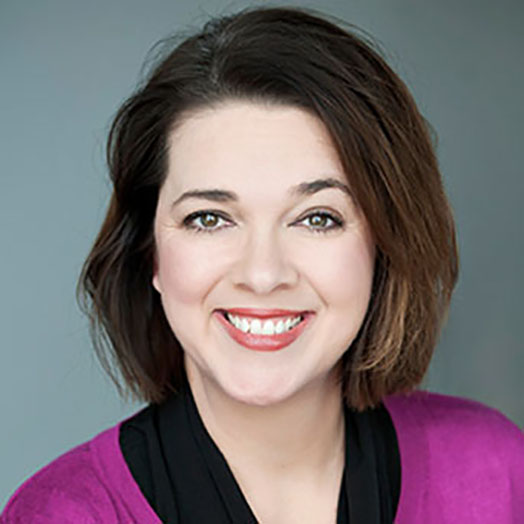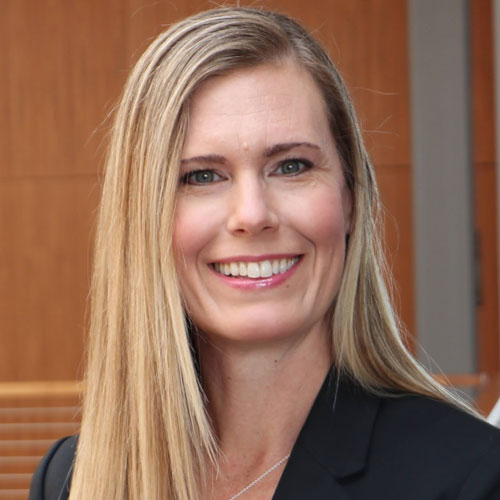

Before the holidays, I sat down with America’s Cultivation Corridor Executive Director Billi Hunt (right) and Senior Director of Strategy and Project Management Tracy Uhlman (left) for coffee and a conversation about Cultivo Virtual Academy, the Corridor’s partnerships and its 2022 focus on sustainability. To wrap things up, I asked a few quick questions to get to know them better.
This Q&A has been edited and condensed for clarity.
What does innovation mean to you?
Billi Hunt: “As I would tell my kids, creating a solution for something that’s not quite working right and coming up with something to make it better. And I always say my dad was the best innovator I know because he could fix anything with a roll of duct tape.”
Tracy Uhlman: “I would say coming up with a new solution to solve a problem that is either known or unknown. Like carbon is a good one, we’ve been looking at carbon sequestration. We didn’t know that was an issue. Or like what we’re doing with considering biologics instead of synthetic fertilizers. We didn’t know we could do that, and now we can.”
What is an area of focus for your organization or industry in the next year?
Hunt: “Innovation driving sustainability. And I would also say for Tracy [and] setting up Cultivo, doing the first cohort is good, doing the second one’s good. If we can be successful on three and four, we got something great here.”
Uhlman: “The purpose of Cultivo is to support innovation and sustainability. The companies that we’re selecting, every single one of them have a sustainability element to their business, or is their entire focus.”
What is one past experience, either career or personal, that has influenced how you perform your current role?
Hunt: “I think becoming a mother impacted how I view work, because, one, if you tell your kid anything’s possible or to control what you can control, you have to do the same thing yourself. And there’s nothing more challenging than being a parent, I believe. Second might be marriage, then work, but [being a parent] really helps me prioritize what’s really important, and how to know when to step away and when to engage.”
Uhlman: “I would say for me, sitting at farmers’ dinner tables with them and talking through issues that they were encountering, whether that was machinery or cropping or weather, and understanding the impact that had on them, their families and their communities and really the industry holistically. Those conversations will get you though when you’re talking to somebody that’s had something bad happen, or something good. Some of those are positive changes where they’re trying something new and it worked.”